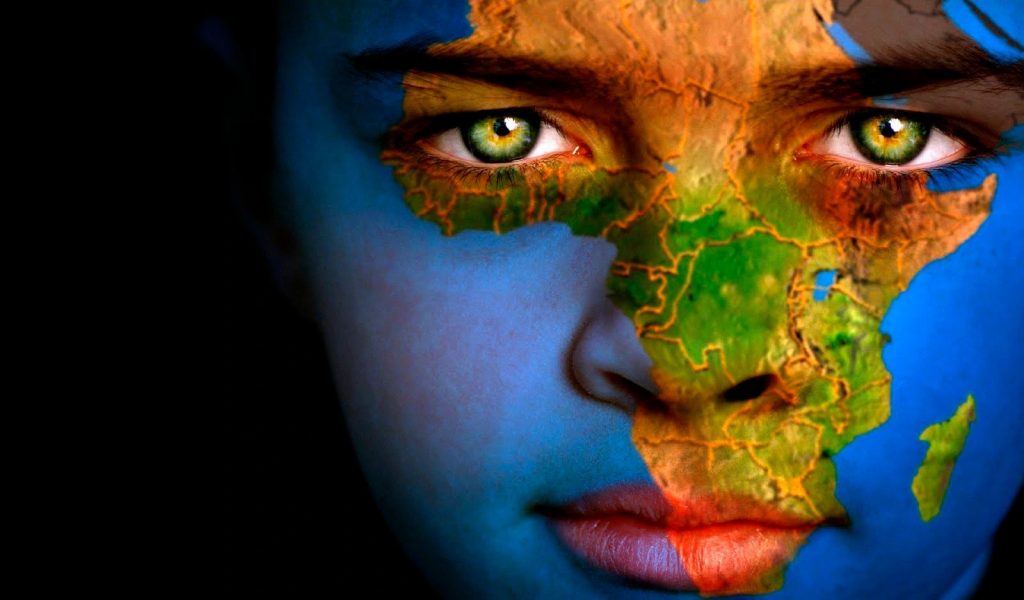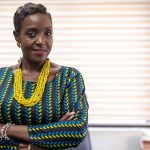Artificial Intelligence (AI) is no longer just a buzzword. It is embedded in everyday work, from drafting emails to automating entire workflows. For Memeburn’s…
Diaspora fosters entrepreneurship in Africa, finds World Mobile

New research by mobile network operator World Mobile reveals that members of the African diaspora living in Europe are increasingly investing in and financing start-ups on the African continent.
World Mobile is one of the leading innovators reshaping internet connectivity to provide affordable and reliable mobile connectivity. The company is currently rolling out operations in Zanzibar, and is in the testing phase in Kenya, with advanced discussions in several other African countries in order to rapidly expand its network across the continent.
“We fear to invest in our country. There are a lot of people who want to do something, but they don’t have the support,” says entrepreneur Nebil Nasser Suleman, who opened a cafe in Zanzibar after spending time in Germany.
While many members of the diaspora are now looking to invest in sectors such as technology and e-commerce, the research conducted also shows that 83% are likely to invest in sharing economy businesses over the next five years.
World Mobile introduces the sharing economy to the telecom industry, enabling anyone to share in the ownership and rewards of a mobile network.
Micky Watkins, chief executive of World Mobile shares, “The infrastructure for World Mobile’s network can be owned jointly by its users and operators thanks to our network’s specific focus on the sharing economy.”
Analysts forecast the sharing economy will be valued at more than $335 billion globally by 2025, with Africa predicted to be a key centre for growth with improved adoption of digital services and apps boosting expansion.
Watkins adds, “Our research shows that the diasporas are cognisant of the rapid expansion of the sharing economy in Africa and are eager to see their resources put to work in the continent’s development.”
RJ Katunda, CXO of World Mobile reiterates, “A connected world is borderless. World Mobile is not only at the forefront of providing meaningful connectivity, but its unique offering of profit sharing through the sharing economy means that anyone, including the diaspora, can participate in constructing the infrastructure required to connect the unconnected masses.”
The benefits of diaspora investment in Africa are significant. It helps to boost economic development, create jobs, and support local businesses. It also helps to build stronger ties between the diaspora and the countries of their ancestors, fostering a sense of pride and connection.
Nafisa Jiddawi, founder of Wajamama Wellness Centre in Zanzibar, says: “This is my legacy, I feel like I didn’t have a choice but to come back and also give back to my community.” She discusses her journey back to the country of her birth, Zanzibar, after spending her formative years in the United States.
Its study with diaspora from across the continent shows, that the diaspora community sends an average of $500 a month to their country of origin – the equivalent of more than $6 000 a year – and nearly three out of four (73%) say some or all the money goes towards supporting businesses they are involved in as investors.
The average amount given each month by the diaspora surveyed is $508, but 32% say they send more than $500 a month with one in 12 giving more than $1 000 a month to family and friends. The scale underlines the growth in entrepreneurialism on the African continent, accelerated by improved internet connectivity which also helps facilitate diaspora in sending money home.
World Mobile facilitates to bridge the vast digital divide, which opens the door to economic opportunities. The dynamic network model of World Mobile is more sustainable than that of legacy mobile operators. The network provides innovative solutions to environmental, social, and economic issues by using solar-powered nodes, second-life batteries, and energy-efficient technology, mitigating its environmental impact.
READ NEXT: Marketplaces vs. banks: The great business finance debate

